Rehabilitation in an oncology hospital

specialists

equipment

treatment
Oncologists divide cancer patients into three groups
With a favorable prognosis. (stage 1-2 cancer is cured in 90% of cases). Usually requires functionally sparing surgical (organ-preserving) and conservative treatment of cancer
With a difficult prognosis. (3rd stage of cancer). Requires tumor removal using organ-destructive operations (gastrectomy, mastectomy, pneumonectomy, laryngectomy, etc.) in combination with radiation therapy and chemotherapy
With an unfavorable prognosis. (4th stage of cancer). Requires slowing down the spread of the tumor using radiation and chemotherapy and complex organ-destructive operations (tracheostomy, gastrostomy) with pain relief
Depending on the identified group of oncology in a patient, rehabilitation after oncological surgery has different goals - complete recovery and restoration of working capacity (patient group 1), patient support and slowing down the progression of the disease (group 2) or palliative effects (pain reduction, localization of complications and mental disorders ).
For the second and third groups of patients, oncological surgery is organ-destructive in nature and leads to loss of ability to work. At the same time, there are no clear boundaries for treatment, and rehabilitation goals may vary depending on the condition and phase of cancer development in the patient.
Treatment of oncological diseases in the hospital “K+31”
Clinic “K+31” has trained oncological surgeons and modern medical equipment, performs a wide range of surgical interventions for oncological diseases and offers an extensive range of rehabilitation procedures on the basis of a paid oncological hospital.
Almost all patients diagnosed with a malignant tumor undergo paid oncology hospitalization in our clinic. This is necessary to carry out a thorough diagnosis of cancer, establish the stage and intensity of development of the tumor, develop strategies and tactics for cancer treatment and rehabilitation, and carry out postoperative monitoring of the condition and recovery of patients.
Our medical center provides assistance and treatment to patients with cancer of any degree. Our oncology department is equipped with the most modern equipment for therapy and recovery. The K+31 clinic employs highly qualified doctors from any field of medicine with extensive experience in the rehabilitation of cancer patients, which guarantees an improvement in their condition and increased vitality.
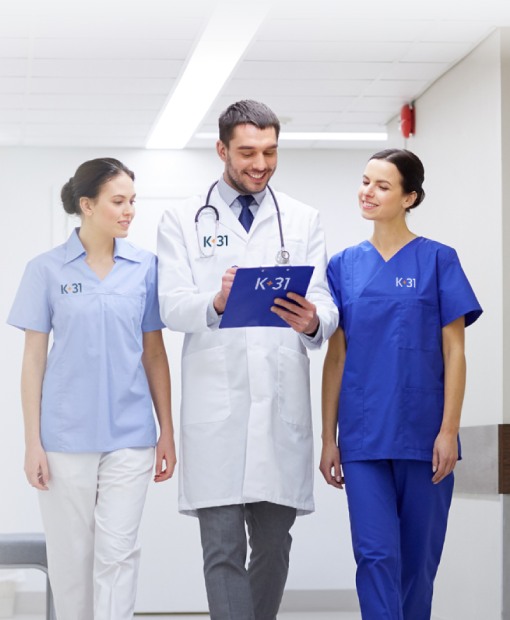
Our doctors

This award is given to clinics with the highest ratings according to user ratings, a large number of requests from this site, and in the absence of critical violations.

This award is given to clinics with the highest ratings according to user ratings. It means that the place is known, loved, and definitely worth visiting.

The ProDoctors portal collected 500 thousand reviews, compiled a rating of doctors based on them and awarded the best. We are proud that our doctors are among those awarded.
Make an appointment at a convenient time on the nearest date
Price
Other services


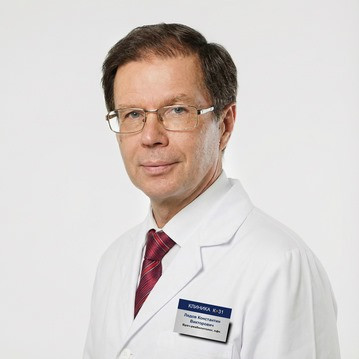
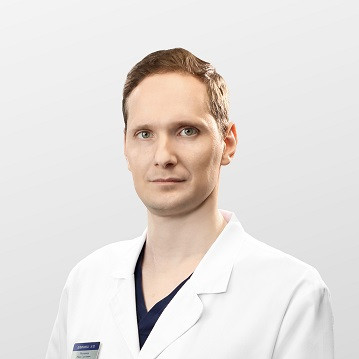
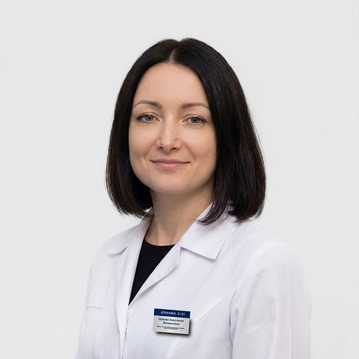
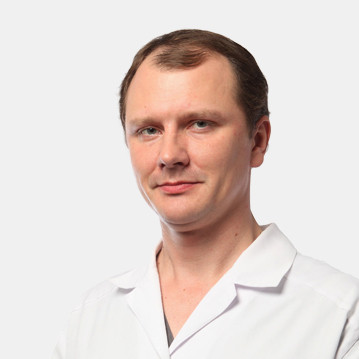

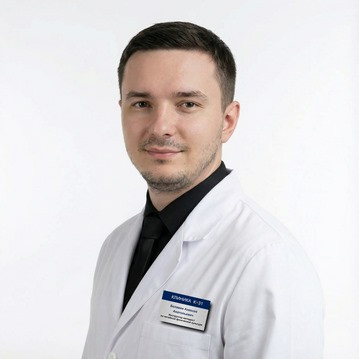

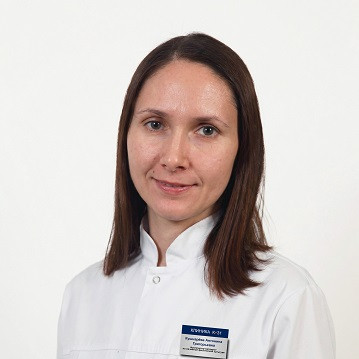
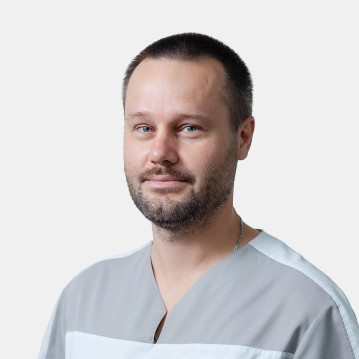
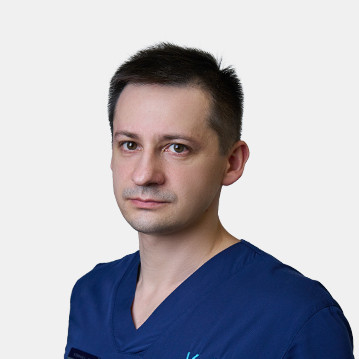
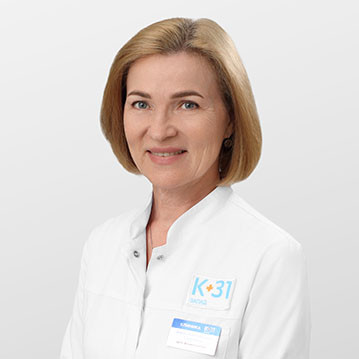

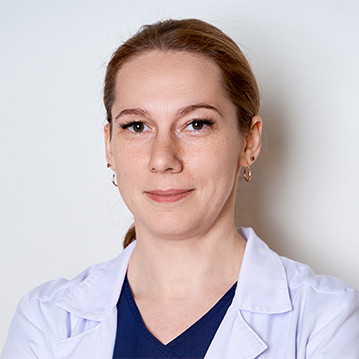
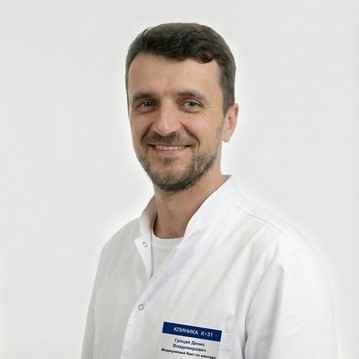


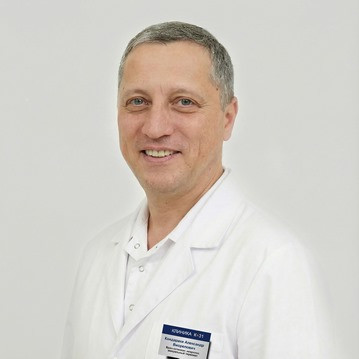

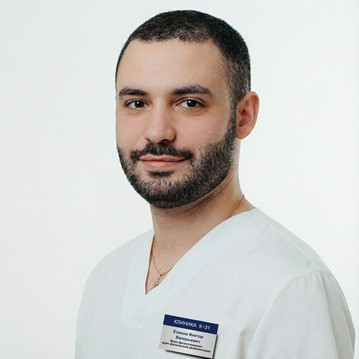

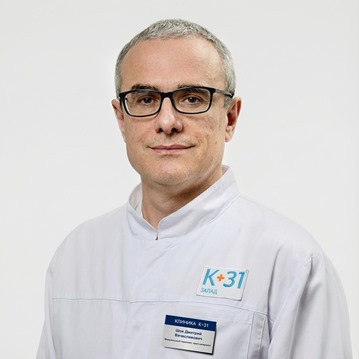


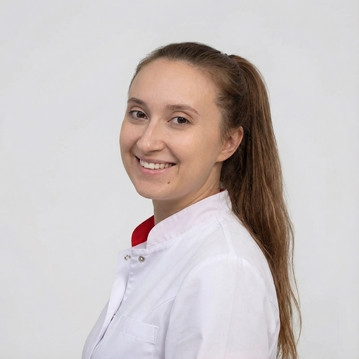
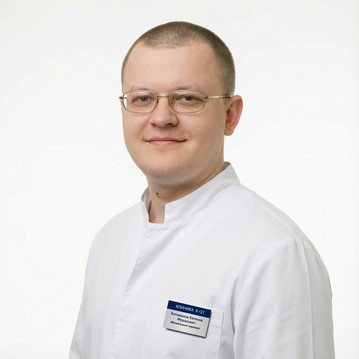
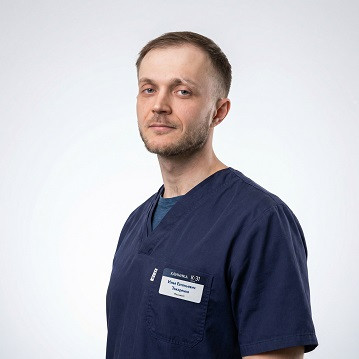
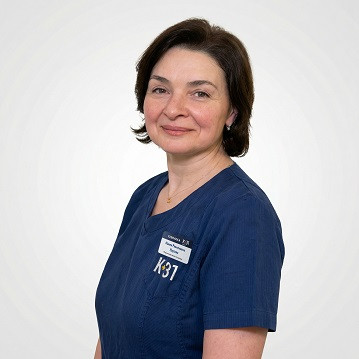








Objectives and principles of rehabilitation of cancer patients
Rehabilitation for cancer is a complex process of step-by-step treatment and monitoring of patients who have undergone cancer surgery. Depending on the type of cancer and the extent of the disease, oncologists may pursue different goals of rehabilitation and use different techniques to restore patients and return them to normal life.
Over the past decades, doctors have learned to cure and achieve stable remission in more than 60% of people diagnosed with various types of cancer. By diagnosing malignant neoplasms in the early stages and complementing cancer treatment with various sets of restorative procedures, specialists at the K+31 clinic successfully return their patients to normal life and work.
The most important principles that guide doctors in our clinic: surgical intervention and recovery after cancer should be carried out: